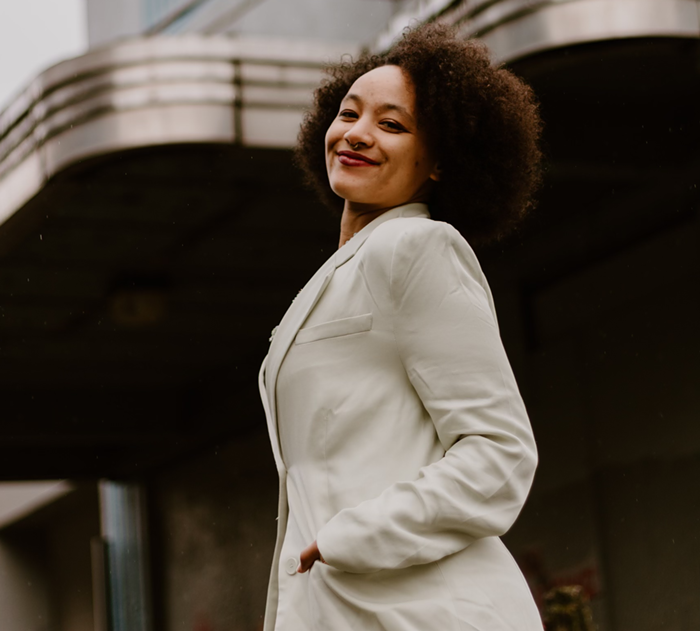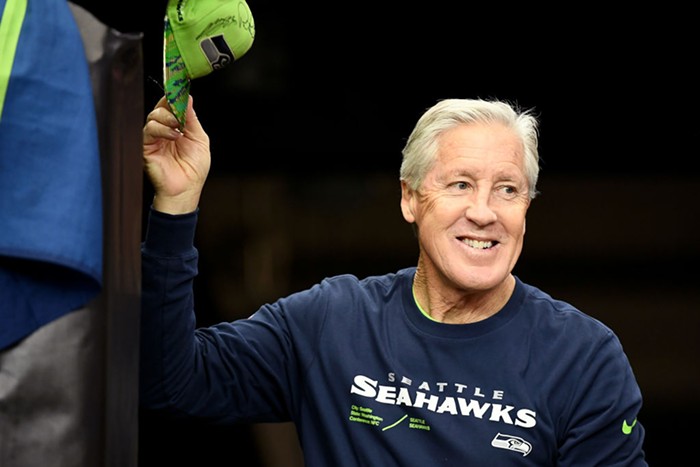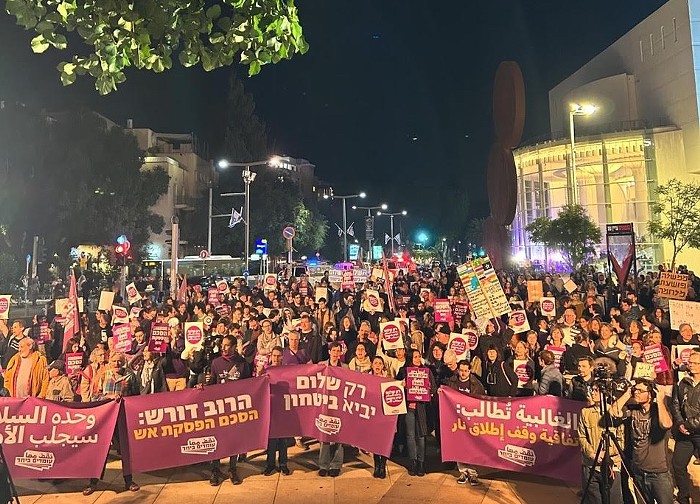It’s 2024, and everyone’s talking about the election.
It’s welcome chatter to me, whose job involves driving buses full of young organizers to knock doors, meet legislators, and get out the vote in their neighborhoods. The energy this year is already a sharp contrast to last year’s. In 2023, the people who answered our knocks were often not even aware that there was an election going on.
Our state prides itself on being very voter-friendly, and it’s incredible how we’ve made our elections more accessible in recent years. We’ve re-enfranchised community members with past convictions, expanded access to online voter registration, and improved our automatic voter registration.
Yet last year, only a little more than one-third of voters—just 36%—returned their ballots, a record low. Turnout was almost double that in the 2022 midterm election (63%), and even higher in the 2020 presidential election (86%).
Why is that? While elections in even-numbered years enjoy the media buzz and public awareness that come with a race for President or Congress, an old law from the 1960s requires us to elect most local representatives in odd-numbered years.
It’s about time we held local elections when people are actually voting. Our State House recently passed HB 1932 to allow communities the option to switch their elections from odd years to even years. If our Senators do the same, it could increase voter turnout far more than all other election reforms Washington has implemented in the last decade combined.
The representatives that have the most direct impact on the lives of young people are often far closer to us than the president. Our city council members and school directors are writing the budgets, deciding the rules of our cities, and choosing which of our rights to protect or attack.
Time after time, it’s the wealthier, whiter, and older voters who vote consistently in odd years. I have seen how much this small populace has perpetuated a certain narrative about what Seattle needs and what’s popular in our city. Choosing leaders who aren’t in touch with what everyone in the city needs or wants leads to policies that help the few while pushing the rest of us backwards.
In addition to the justice issues with our current system, there’s another practical benefit of allowing an election to switch to even years: energy conservation.
We voters are tired! Almost every voter we talk to feels the fatigue. Knocking doors in 2023 involved a lot of education that there was even an election happening. What we could expect to hear at each door largely depended on how much money local leaders could afford to spend on their campaigns.
We could save everyone’s energy by simply meeting voters where they are. Voters are already paying attention in even years, and the campaigns at higher levels of government are drawing attention to issues that matter locally, too. If congressional candidates are talking about funding infrastructure, your local candidates could be talking about how they’ll fund our ferries or work on the West Seattle Bridge. Very few issues are only relevant on a national or local level—they are all interconnected.
Our local candidates, unlike many of our more distant national representatives, are eager to engage with the community at their doors and to meet our excited young interns. I’ve gotten the chance to talk with candidates, to see their vision in action beyond what’s in a questionnaire. If our state lawmakers pass HB 1932, so many more Washingtonians will have the same chance.

Jazmine Smith is the Political Manager at the Washington Bus and a member of the Washington Voting Justice Coalition.



















